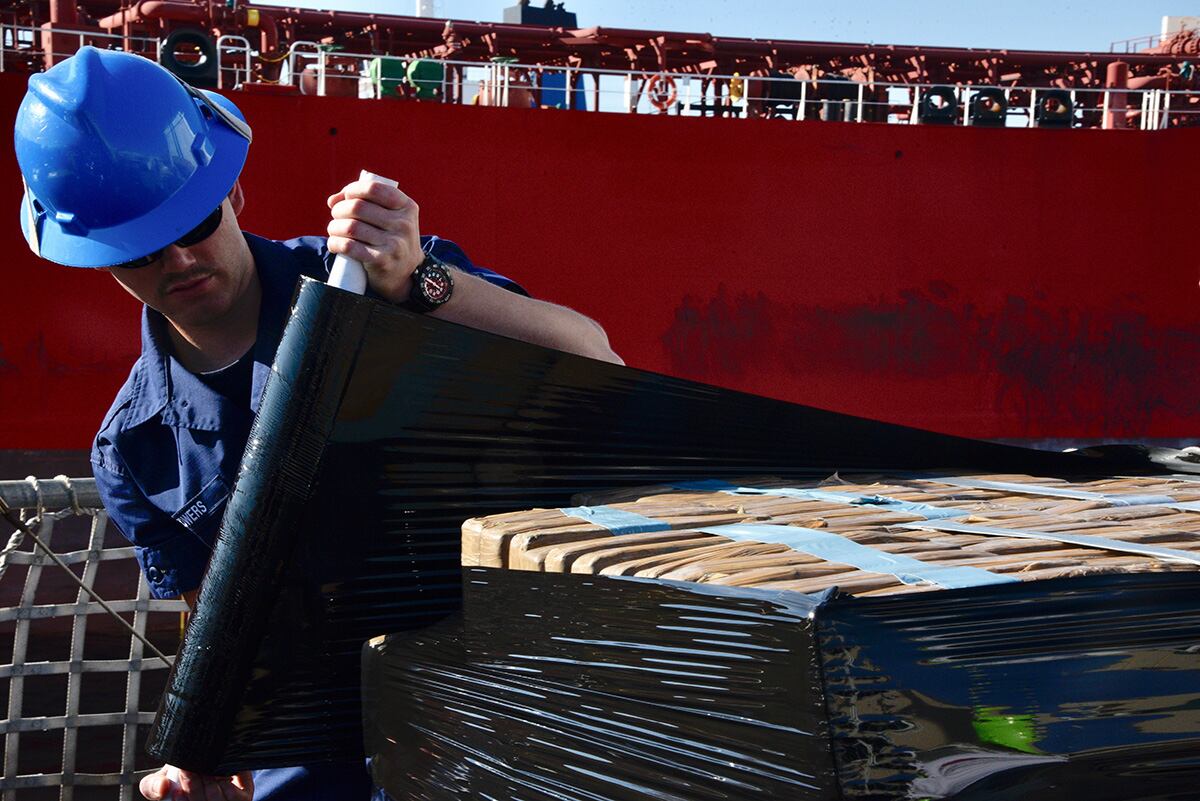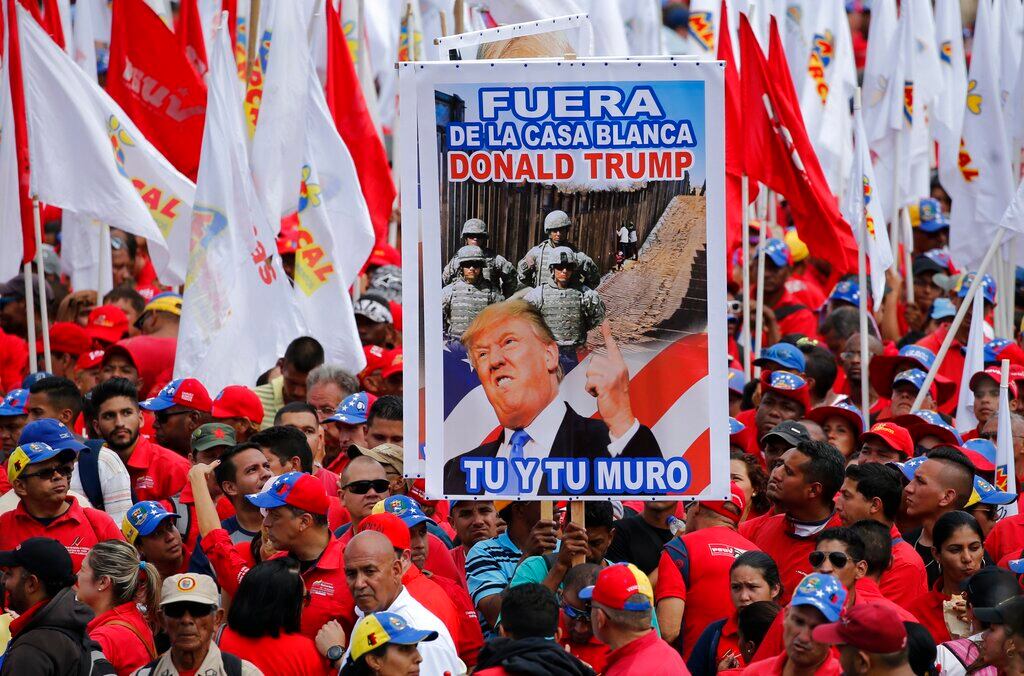A littoral combat ship is slated to deploy to the waters of U.S. Southern Command this year to battle drug smugglers, its top officer told lawmakers Thursday.
SOUTHCOM commander Adm. Craig Faller declared America’s opioid epidemic “a national security crisis” during a hearing before the Senate Armed Services committee and said an LCS will patrol South American and Caribbean waters to interdict illicit narcotics.
While 2017 and 2018 were record years for drug seizures in his command, Faller said much work remains to be done.
The admiral did not identify which LCS would undertake the mission but indicated it also could be available for exercises and other duties alongside partner nations in SOUTHCOM’s area of responsibility, a vast command that sprawls across 31 countries and 16 dependencies and represents about one-sixth of the world’s landmass.
Faller praised the Coast Guard’s counter-narcotics efforts in South America and the Caribbean, but said he needs more intelligence, surveillance and reconnaissance assets to take a bigger bite out of crime.
The 110 men and women of the Coast Guard cutter Forward deployed over Christmas and then spent part of their patrol without pay and contractor-provided parts due to the government shutdown, he said.
But they still seized 17 tons of cocaine, Faller told the lawmakers.
RELATED

Several senators questioned Faller about Venezuela, where the United States and other countries have recognized opposition leader Juan Guaido as the the South American nation’s’ leader in an effort to oust strongman Nicolas Maduro.
Asked about the prospects of regime change in the troubled country or a military coup in Caracas, Faller said many rank-and-file troops are starving alongside their countrymen.
But Faller also said Maduro has 2,000 generals — more than all of NATO combined — and he uses drug trafficking money and other illicit funds to keep their loyalty.
Faller accused Maduro’s inner security ring — Venezuela’s version of the Secret Service — of teeming with Cuban intelligence officers and other Havana operatives.
Cuba “pretty much owns the security around Maduro and is deeply entrenched in the intelligence service,” the admiral said.
Some senators groused that SOUTHCOM and U.S. Africa Command suffer from a shortage of resources, even as they stand on the front lines in a global battle to counter rising Russian and Chinese influence.
Faller said his staff is assessing reports of “Russian security forces being flown in” to Venezuela, and said the Chinese are involved in cyber operations there “that are absolutely not helpful to a democratic outcome.”
International support for Maduro largely has divided between leaders in the developed world who want him gone and governments in Moscow and Beijing propping him up.
Despite Russian and Cuban influence in the Maduro regime, Faller said SOUTHCOM is “prepared to protect U.S. personnel and diplomatic facilities” in the teetering country.
Looking across the long horizon of the future, Faller warned lawmakers that South America is now peppered with Chinese investments in 56 ports and a flood of cash and other incentives could help buy their loyalty.
“They are there, and they are there in force,” he said. “They have a long-term vision, economically and militarily.”
U.S. agencies, not just the military, must work to strengthen partnerships with these countries and reinforce why allying with the United States is in their best interests, Faller said.
Faller also alluded to the presence of Hezbollah, a Lebanese militia with close ties to Iran, operating in South America, but did not provide details during the public hearing.
RELATED

The head of U.S. Africa Command, Marine Corps Gen. Thomas Waldhauser, spoke of the creeping Chinese influence there, too.
Beijing’s military has erected its first overseas base in Djibouti, a Horn of Africa nation that also hosts Camp Lemonnier, home to the largest collection of American forces on the continent.
“We have a Chinese base roughly several miles from the front gate of our location in Djibouti,” Waldhauser said.
Echoing Faller, Waldhauser told senators that he could use more intelligence, surveillance and reconnaissance assets to monitor terrorist organizations, even as his command continues to sway African nations from decisively swinging to Beijing.
“Trying to make sure our influence remains,” he said. “It’s a difficult task.”
Geoff is the managing editor of Military Times, but he still loves writing stories. He covered Iraq and Afghanistan extensively and was a reporter at the Chicago Tribune. He welcomes any and all kinds of tips at geoffz@militarytimes.com.




